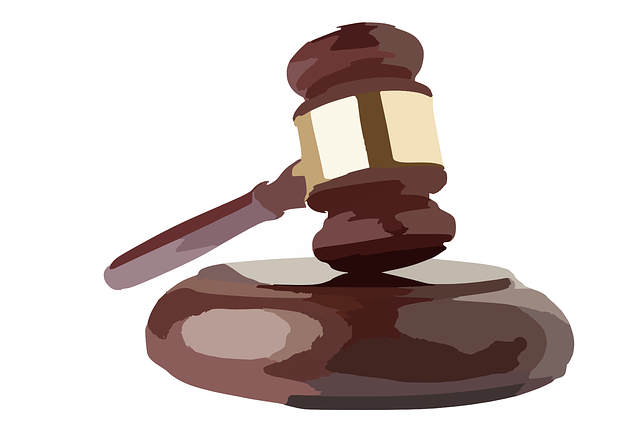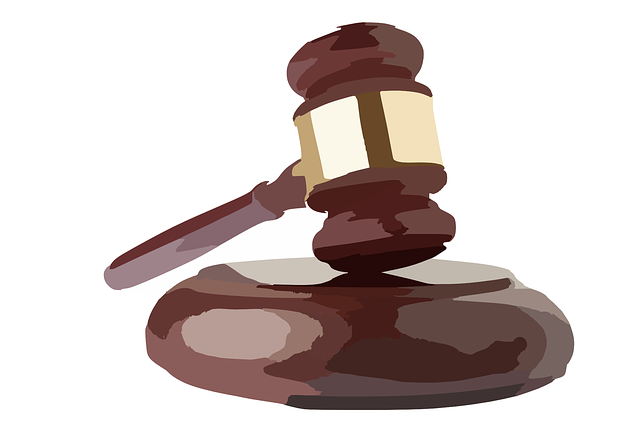Insurance adjusters play a vital role in facilitating medical malpractice settlements by evaluating claim validity and extent through the examination of patient records, witness statements, and expert opinions. They navigate complex scenarios like elder abuse and wrongful death, negotiate fair settlements, and ensure timely compensation for victims while protecting the financial interests of healthcare institutions. Their expertise and communication skills streamline the claims process, fostering accountability and trust within the insurance industry.
Insurance adjusters play a pivotal role in medical malpractice settlements, acting as intermediaries between claimants and insurance companies. Their meticulous evaluation of claims is crucial for reaching fair agreements. This article delves into the intricacies of their process, revealing what these professionals truly seek during negotiations. By understanding their perspective, patients and legal counsel can employ effective strategies to navigate complex settlement talks, ensuring just compensation for medical malpractice victims.
- Understanding the Role of Insurance Adjusters in Medical Malpractice Settlements
- – Definition and responsibilities of insurance adjusters
- – Their role in the claims process and settlement negotiations
Understanding the Role of Insurance Adjusters in Medical Malpractice Settlements

Insurance adjusters play a pivotal role in medical malpractice settlements, acting as intermediaries between insured healthcare providers and plaintiffs. Their primary responsibility is to assess the validity and extent of claims, ensuring fair compensation for victims while managing risks for their employers. In medical malpractice cases, adjusters scrutinize patient records, witness statements, and expert opinions to determine liability and damages.
Understanding the nuances of complex medical procedures and legal frameworks is essential for these professionals. They must navigate partnership disagreements, contract disputes, and business litigation that often arise in healthcare settings. By evaluating evidence objectively and negotiating settlements, insurance adjusters facilitate resolution, avoiding prolonged court battles. Their expertise helps streamline the process, ensuring timely compensation for patients harmed by medical negligence while protecting the financial interests of healthcare institutions.
– Definition and responsibilities of insurance adjusters

Insurance adjusters play a pivotal role in the claims process, acting as intermediaries between insured individuals and insurance companies. Their primary responsibility is to evaluate and assess claims, ensuring fair and accurate settlements. In the context of medical malpractice settlements, adjusters carefully scrutinize patient records, medical reports, and expert opinions to determine liability and the associated damages. They negotiate with claimants, caregivers, and legal representatives to reach mutually agreeable terms, often involving complex medical and legal considerations.
Beyond medical malpractice settlements, adjusters handle a range of claims, including those related to elder abuse and caregiver abuse, which require a delicate balance in handling sensitive situations. In cases of wrongful death claims, their role becomes even more critical, as they must navigate the emotional complexities while ensuring fair compensation for affected families. Through meticulous investigation and negotiation skills, insurance adjusters strive to facilitate a smooth claims process, promoting a culture of accountability and trust within the insurance industry.
– Their role in the claims process and settlement negotiations

Insurance adjusters play a pivotal role in the claims process, serving as the bridge between policyholders and insurance companies during settlement negotiations. Their primary responsibility is to assess the validity and extent of a claim, gathering evidence, evaluating damages, and facilitating communication with claimants or their representatives, including attorneys specializing in auto accident law or medical malpractice cases.
In medical malpractice settlements, adjusters meticulously review medical records, expert opinions, and relevant laws to determine liability and calculate a fair compensation amount. They engage in settlement negotiations, aiming to reach agreements that meet both the policyholder’s needs and the insurer’s financial constraints. This delicate process requires adjusters to possess strong analytical skills, a deep understanding of insurance policies, and the ability to de-escalate potentially tense situations, especially when dealing with complex contract disputes or emotional claimants seeking accident compensation.
Insurance adjusters play a pivotal role in facilitating medical malpractice settlements by thoroughly evaluating claims, negotiating terms, and ensuring fair compensation for all parties involved. Their expertise and objective analysis are essential components of the claims process, helping to resolve cases efficiently while upholding ethical standards in the healthcare industry. Understanding their criteria and approach to settlements is crucial for both claimants and healthcare providers looking to navigate the complex landscape of medical malpractice resolution.






